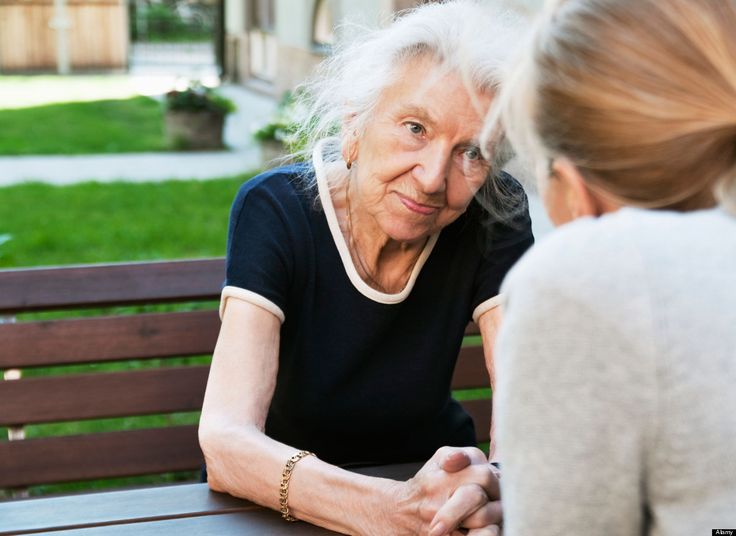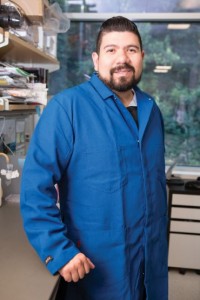
Improvement in memory loss is just one of the possible outcomes of current research
(Credit: The Huffington Post)
“When I first heard this story from Tony Wyss-Coray, I thought it was absolutely amazing,” said Rudolph Tanzi, professor of neurology at Harvard. “I thought it was too good to be true.” Wyss-Coray was referring to the recent progress made by UCSF and Stanford scientists to reverse various effects of aging like memory loss and a decrease in energy.
“When I first heard this story from Tony Wyss-Coray, I thought it was absolutely amazing,” said Rudolph Tanzi, professor of neurology at Harvard. “I thought it was too good to be true.”
Studies from doctors like Saul Villeda of UCSF have noticed drastic results in their research and experimentation, which involves injecting plasma from young mice into that of old mice in order to “reverse the effects of aging” and made significant improvements in the cognitive abilities of the mice. Another team of researchers at Harvard found that “by either connecting the circulatory systems of young and old mice, or injecting old mice with a signaling protein isolated from young blood, they could strengthen and rejuvenate aged muscles.” The results? Stem cell reparation. Better grip strength, better stamina.
What is the “secret ingredient” of young plasma that gives the older mice so much energy? Doctors are still unsure, although they believe it may be rooted in its proteins. “This protein is really acting in somewhat of a coordinating way across tissues,” one researcher said, “and drugs could be developed to target a “single common pathway” seen in a variety of age-related dysfunctions, including muscle weakness, neurodegeneration, and heart disease” in humans.
“What is the “secret ingredient” of young plasma that gives the older mice so much energy?”
Aging is an inevitable, beautiful part of our life cycle. The research scientists are spearheading should not be seen as “anti” aging per se, but rather as efforts to understand the effects of getting older that can sometimes lead to drastic illnesses such as Alzheimer’s.

 Turn Back the Clock: Reversing the Effects of Aging?
Turn Back the Clock: Reversing the Effects of Aging?



 Forest Bathing Eases Grief by Soaking in Nature
Forest Bathing Eases Grief by Soaking in Nature
 The Spiritual Symbolism of Cardinals
The Spiritual Symbolism of Cardinals
 Meaning-Focused Grief Therapy: Imaginal Dialogues with the Deceased
Meaning-Focused Grief Therapy: Imaginal Dialogues with the Deceased














